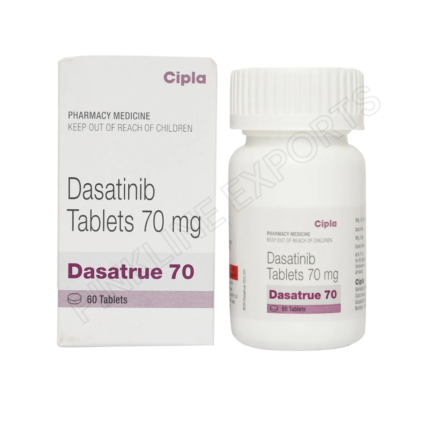
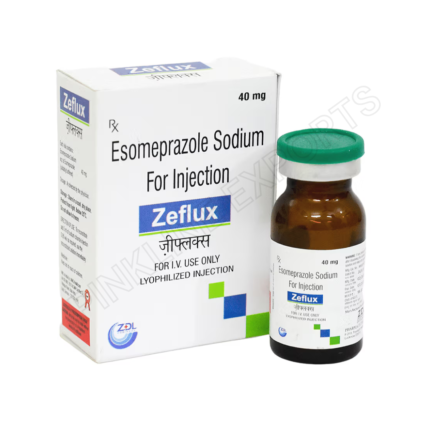
Dasatinib Tablets 50 Mg – Generic Sprycel
$120.00 – $330.00Price range: $120.00 through $330.00
Dasatinib 50 mg
Tablets is an oral targeted therapy used for treating chronic myeloid leukemia (CML) and Philadelphia chromosome-positive acute lymphoblastic leukemia (Ph+ ALL). It works by blocking the BCR-ABL tyrosine kinase and stopping the growth of leukemia cells. Must be used under strict medical supervision.
Description
Dasatinib Tablets 50 mg
Dasatinib Tablets 50 mg is a prescription oral chemotherapy medication used in the treatment of chronic myeloid leukemia (CML) and Philadelphia chromosome-positive acute lymphoblastic leukemia (Ph+ ALL). It belongs to the class of drugs known as tyrosine kinase inhibitors (TKIs) and works by blocking abnormal proteins responsible for the uncontrolled growth of leukemia cells.
Dasatinib is a potent inhibitor of the BCR-ABL tyrosine kinase, the abnormal enzyme responsible for most cases of CML. It also targets other kinases like SRC, KIT, EPHA2, and PDGFR, helping it treat a broader range of leukemic cell types.
Commonly marketed under the brand name Sprycel, Dasatinib is available in various strengths, including 50 mg, and is used both in newly diagnosed and resistant or intolerant cases.
Therapeutic Indications
Dasatinib 50 mg is indicated for the treatment of:
- Adults with chronic, accelerated, or blast phase chronic myeloid leukemia (CML) with Philadelphia chromosome-positive (Ph+)
- Adults with Ph+ acute lymphoblastic leukemia (Ph+ ALL) who are resistant to other treatments including imatinib
- Pediatric patients with Ph+ CML or Ph+ ALL (dose-adjusted by weight or body surface area)
Mechanism of Action
Dasatinib inhibits the BCR-ABL tyrosine kinase by binding to both the active and inactive forms of the enzyme, reducing leukemic cell proliferation. It blocks the signal pathways that encourage leukemic cells to grow, multiply, and avoid programmed cell death (apoptosis).
It also inhibits a broad range of oncogenic kinases including:
- SRC family kinases
- c-KIT
- PDGFR-β
- EPHA2
This makes it more effective in certain imatinib-resistant cases.
Dosage and Administration
- Strength: 50 mg tablet
- Route: Oral
- Common Adult Dose: 100 mg once daily for chronic phase CML, or 140 mg once daily for accelerated/blast phase and Ph+ ALL
- The 50 mg tablet may be used in specific regimens or pediatric dosing
- Administration: Taken with or without food, preferably at the same time daily
- Swallow whole with water; do not crush, chew, or split
Dosing may vary for pediatric or special cases, and must be supervised by a healthcare provider.
Composition
- Active Ingredient: Dasatinib 50 mg
- Formulation: Oral film-coated tablet
- Packaging: Available in blister packs or bottles, typically in 30-tablet counts
Common Side Effects
- Headache
- Nausea
- Vomiting
- Diarrhea
- Fatigue
- Fluid retention or edema
- Skin rash
- Low blood cell counts (anemia, thrombocytopenia, neutropenia)
Serious Side Effects
- Pleural effusion (fluid around the lungs)
- Pulmonary hypertension
- QT prolongation (heart rhythm issue)
- Liver enzyme elevation
- Myelosuppression (bone marrow suppression)
- Severe bleeding or infections
Patients should be monitored regularly with blood tests and clinical evaluations to manage side effects effectively.
Warnings and Precautions
- Monitor blood cell counts frequently during treatment
- Use caution in patients with cardiovascular disorders
- QT interval monitoring is necessary, especially with a history of arrhythmias
- Not recommended during pregnancy due to potential fetal harm
- Women of childbearing age should use effective contraception
- Patients with liver or kidney disease may need dose adjustments
Contraindications
- Known hypersensitivity to dasatinib or any components of the formulation
- Pregnancy or breastfeeding
- Pre-existing low platelets or neutrophil counts (unless carefully monitored)
Storage Conditions
- Store at 20°C to 25°C (68–77°F)
- Protect from moisture and heat
- Keep out of reach of children
Frequently Asked Questions (FAQs)
1. What is Dasatinib 50 mg used for?
Dasatinib 50 mg is used primarily to treat leukemia, including chronic myeloid leukemia (CML) and Philadelphia chromosome-positive acute lymphoblastic leukemia (Ph+ ALL).
2. Can Dasatinib cure leukemia?
It does not cure leukemia but can effectively control its progression, reduce symptoms, and improve survival with long-term use.
3. How should I take Dasatinib?
Take the tablet once daily, with or without food, at the same time each day unless otherwise advised.
4. Can I take Dasatinib during pregnancy?
No. Dasatinib can cause serious harm to the fetus and should be avoided during pregnancy and breastfeeding.
5. What are common side effects?
Side effects include headache, nausea, fatigue, low blood cell counts, and fluid retention.
6. Do I need regular monitoring while on Dasatinib?
Yes. Regular blood tests and sometimes ECGs or x-rays are needed to monitor blood counts and heart/lung functions.
7. Can Dasatinib interact with other medications?
Yes. Let your doctor know about any other medications or supplements. Avoid CYP3A4 inhibitors and inducers unless supervised.
8. Can children take Dasatinib?
Yes. It can be used in pediatric patients for Ph+ CML or Ph+ ALL, with adjusted dosing based on age and weight.
9. Is Dasatinib a form of chemotherapy?
Yes, it is a targeted chemotherapy drug classified as a tyrosine kinase inhibitor.
10. Is a prescription required for Dasatinib?
Yes. It is a high-risk medication that must be prescribed and monitored by a healthcare provider.

.svg)




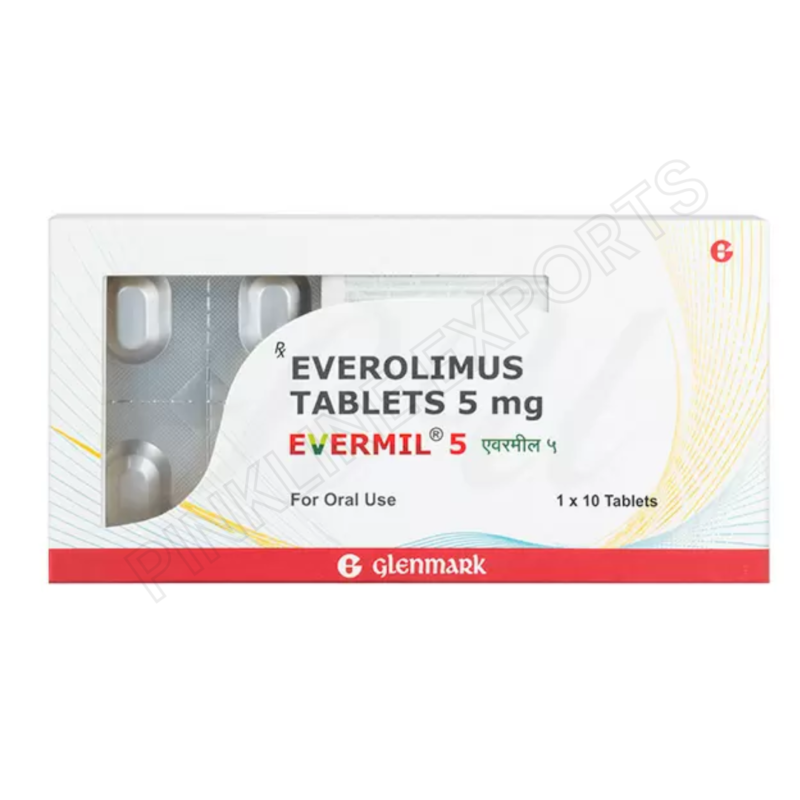


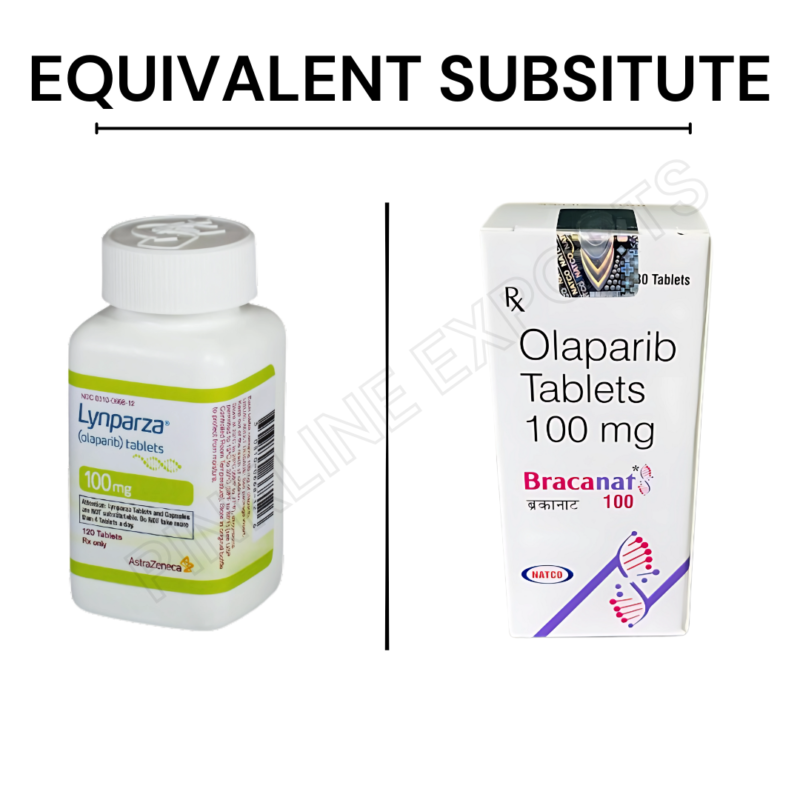
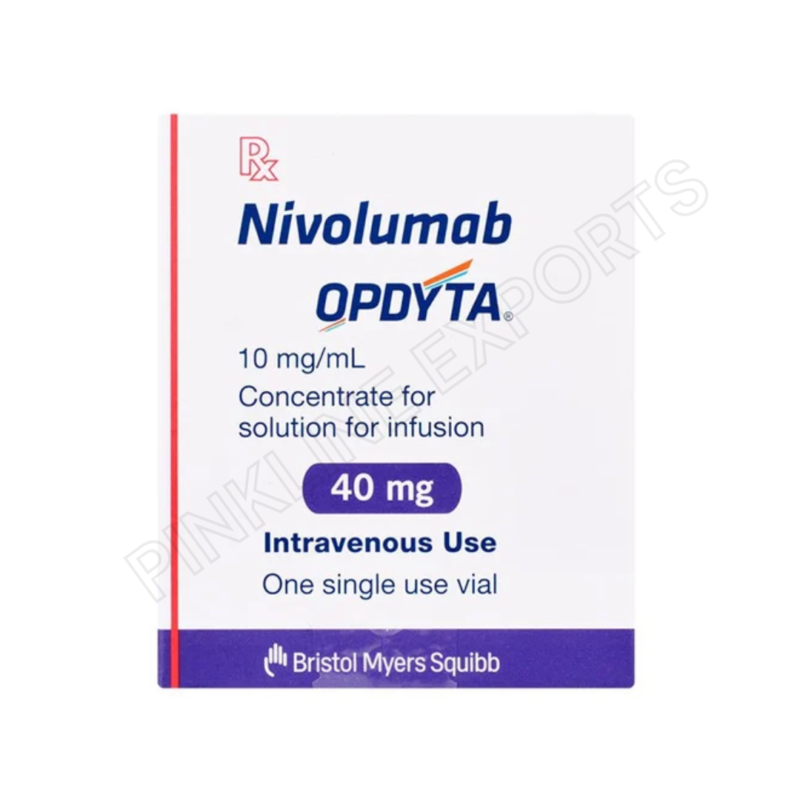

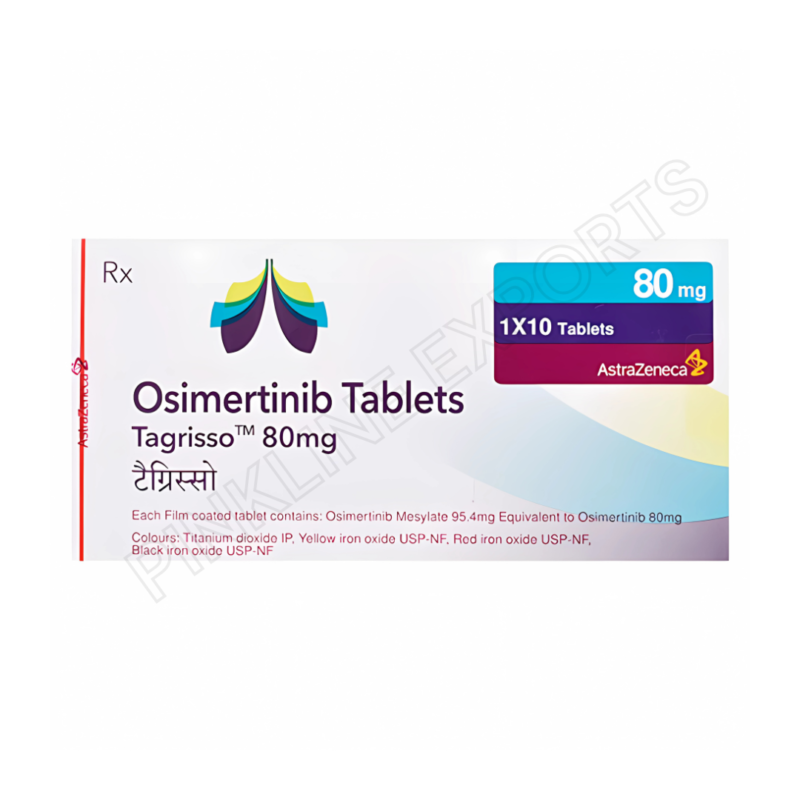
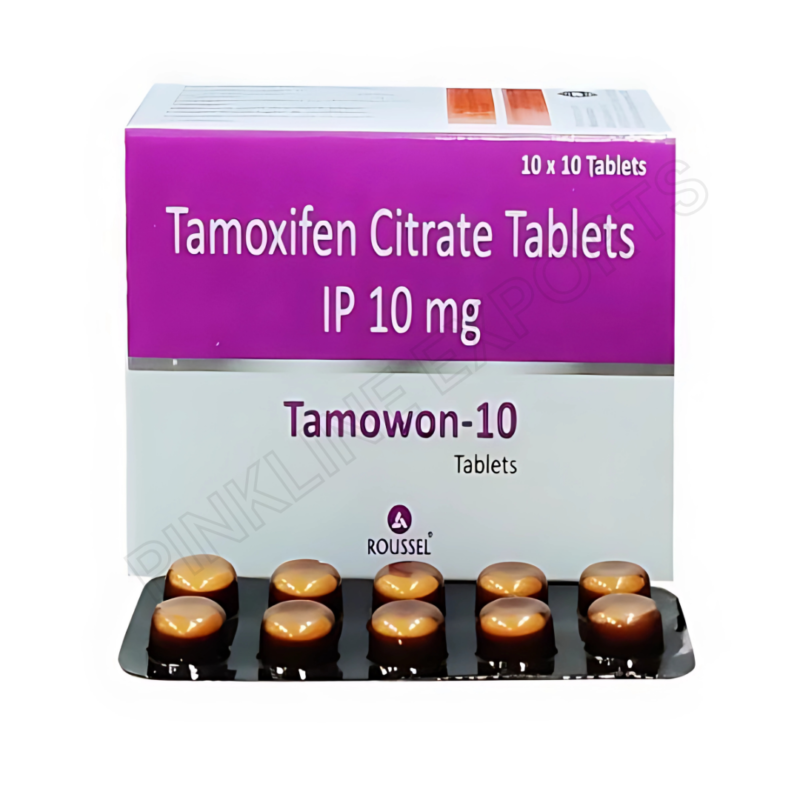
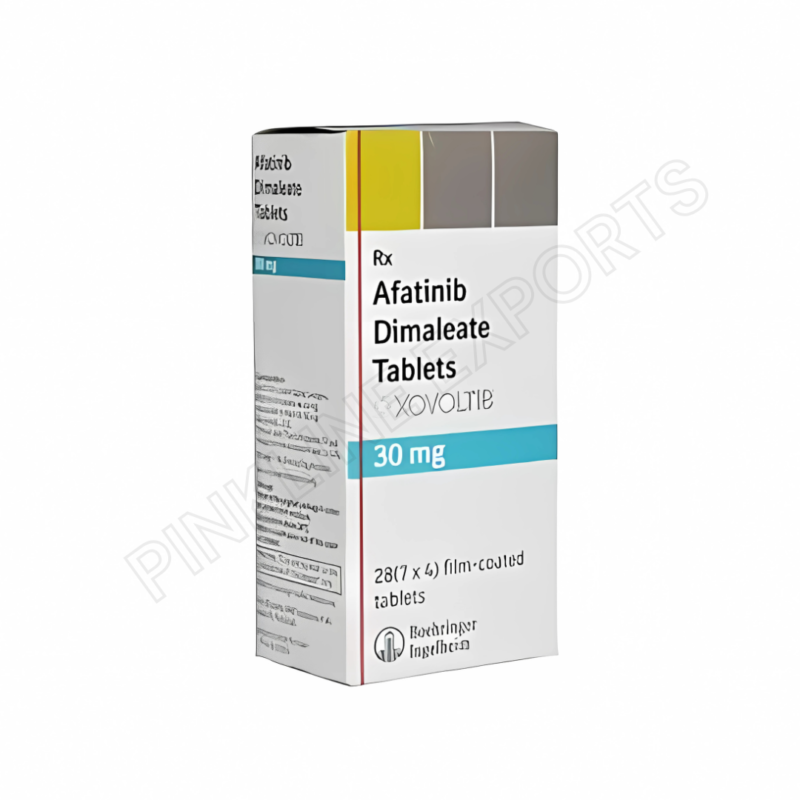

Brian Thompson –
Thank you for fast delivery and responsive support. Helped my father get much-needed oncology medication on time
Laura Mitchell –
I received the exact brands prescribed by the oncologist. Excellent packaging and pricing!